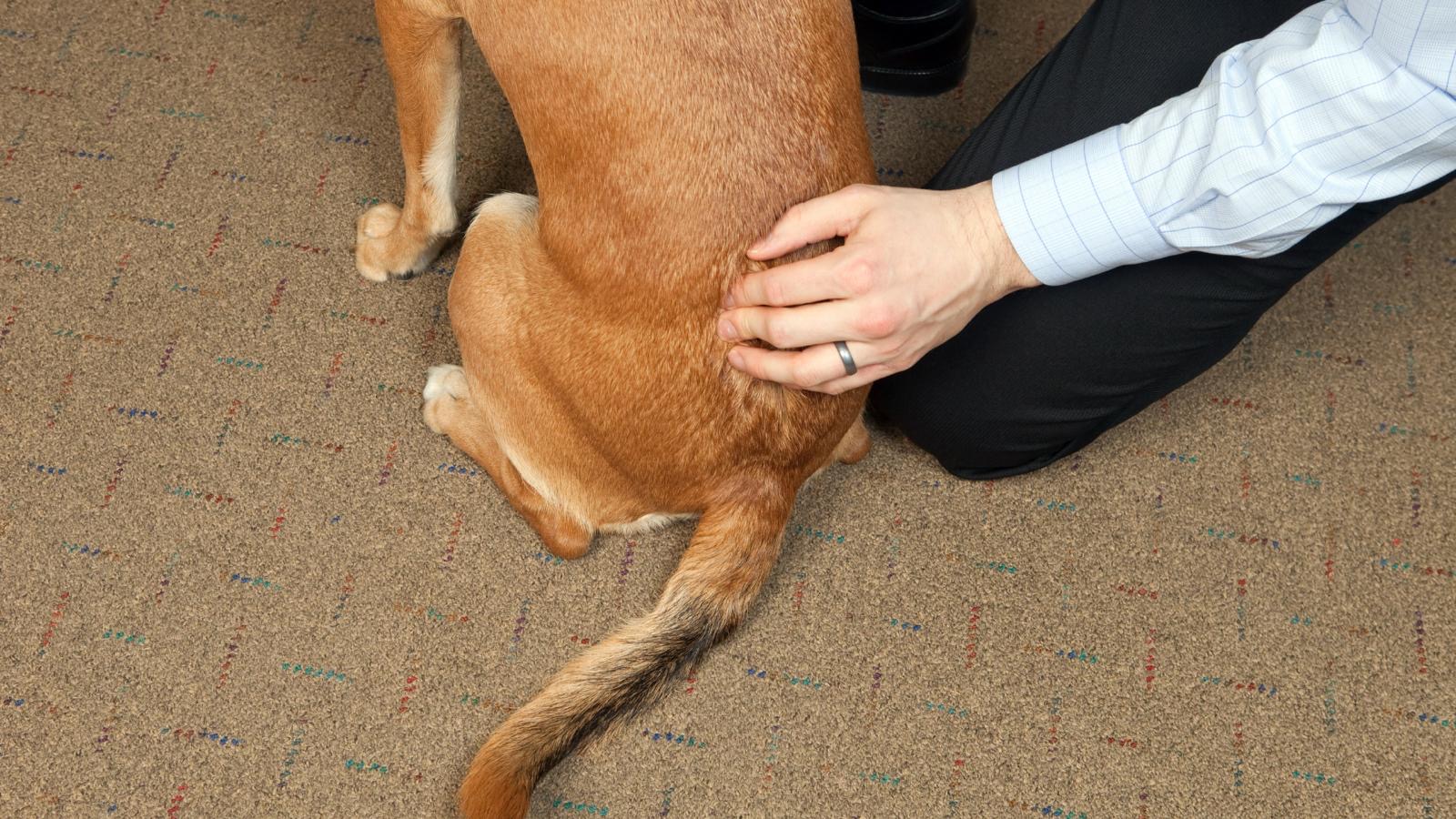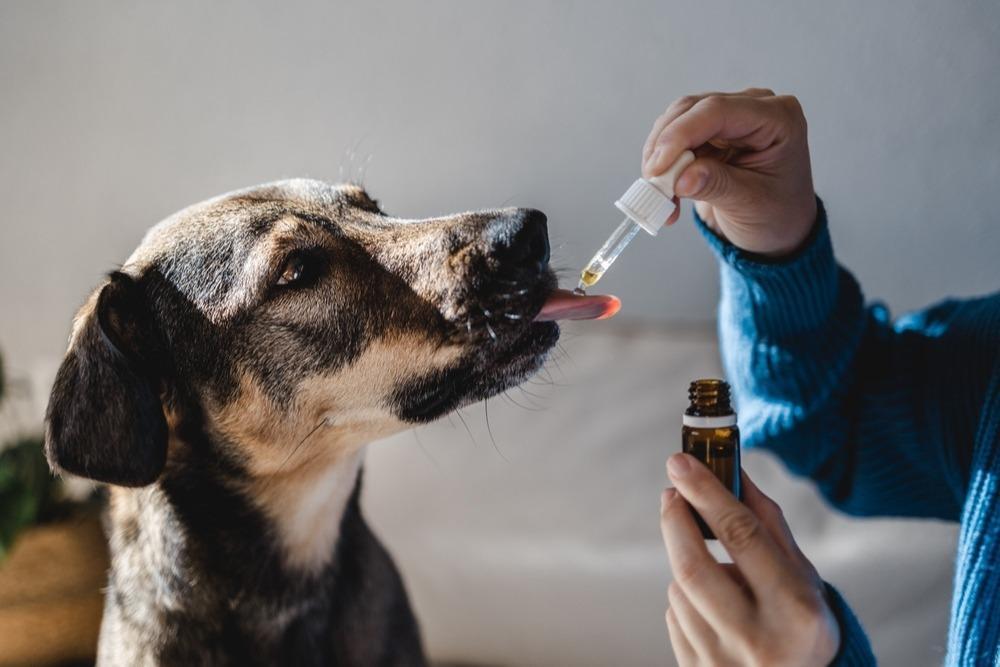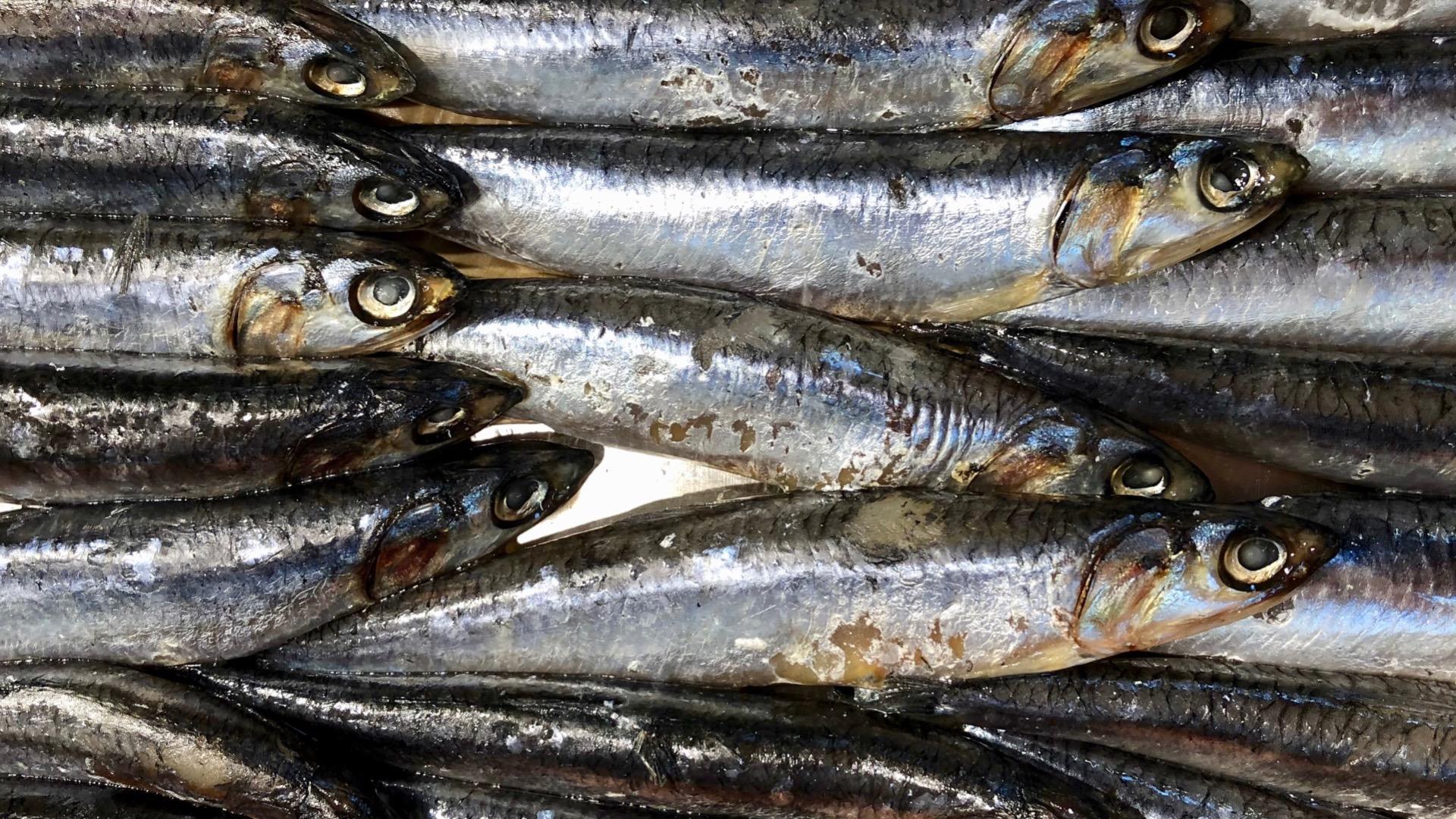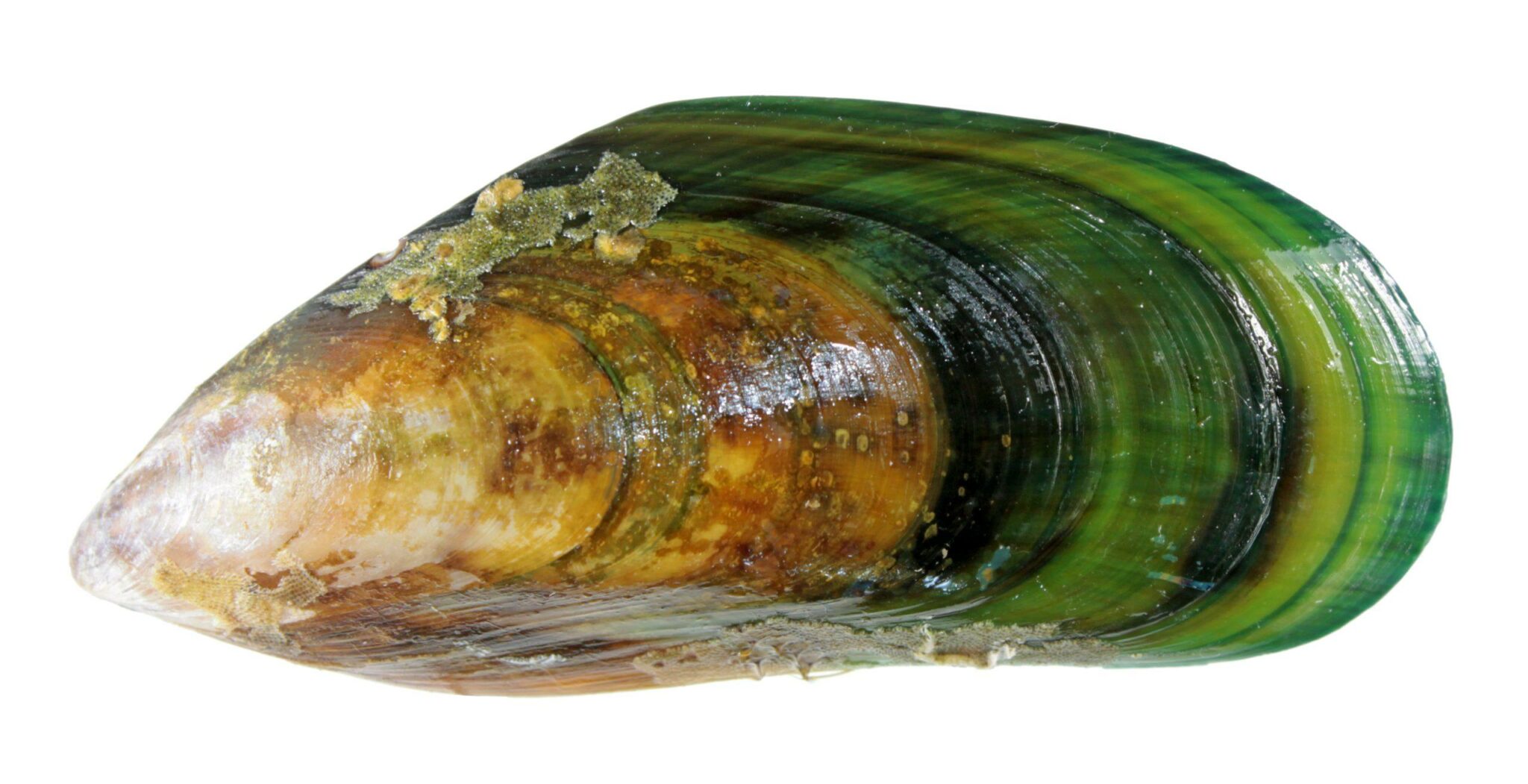Many dogs experience some kind of joint problem in their lifetime. This can be due to some kind of injury, strains, sprains, fractures, hip or elbow dysplasia, knee problems like torn cruciate ligaments, patellar luxation and Arthritis.
Did you know
1 in 5 dogs suffer from Arthritis? So, what exactly is Arthritis and which is the most prevalent in dogs. Arthritis refers to many related conditions involving
inflammation of one or more of the joints. Osteoarthritis (OA) or degenerative joint disease (DJD) is the most common we see in dogs today and is named because the problem is caused by the bones (Osteo). Arthritis in pets can also be caused by infection (septic arthritis or bacterial arthritis) or by the body attacking itself in an immune system malfunction (Rheumatoid Arthritis).
The risk of Arthritis increases with age but it can develop at any age. Larger and giant breeds are most likely to get OA so it would be sensible to start adding supplements to support their joints at approximately a year old. A study that was carried out during 2013 found that 200,000 UK dogs were affected. Risk factors associated with osteoarthritis diagnosis included breed (e.g. Labrador, Golden Retriever), being neutered, higher bodyweight and being older than eight years.
Research here
What is inflammation
Inflammation is a normal part of the immune response. Think of the last time you scraped your skin, got a bug bite, or had a pesky splinter you just couldn’t get out. Chances are the affected area got swollen and red, even hot or painful. This is inflammation at work, and in cases of acute injury, it’s a good thing! The inflammatory response is basically your immune system gathering defences to the injured tissue, helping to protect and heal the affected area. This is done by increasing blood flow to the area, gathering immune cells, causing pain to stop you from using injured tissue, and protecting the tissue in other ways that we call
Acute Inflammation.
Many of the chronic diseases afflicting today’s dogs result from
Chronic Inflammation which isn’t such a good thing and can be avoided in some cases. The conventional veterinary community, typically relies on non-steroidal anti-inflammatory drugs (NSAID’s), commercial prescription diets and Adequan injections to treat OA in dogs. In some cases, certain vets may also recommend glucosamine and chondroitin. Ironically, most commercial prescription OA diets contain grains, gluten and/or white potato-all of which can promote inflammation. These diets can also contain a pro-inflammatory ratio of omega-6 to omega-3 fatty acids.
NSAID’s – prolonged use can cause damage or injury to tissues of the liver, kidneys and bone marrow (Dodds& Lassin, 2013).
Arthritis or DJD can affect one or more joints and is one of the most frequent causes of lameness in dogs. Osteo Arthritisis characterised by: deterioration of the joint cartilage called articular cartilage; a formation of bony growths or spurs on the joints, calledosteophytes; changes in the subchondral bone (the bone below the articular cartilage); and joint inflammation. These changes occur following alterations in both the biomechanical and biochemical properties of the joints
(Logaret al., 2007; Sanchez & Balligand, 2005; Zhang et al.,2012).
Some might say it is in the genes. Historically doctors have viewed and treated arthritis as a structural disease that involves the breakdown of cartilage and its subsequent effects on the joints, but that view is changing with thanks to a new tool to measure gene expression, including reverse transcription-polymerase chain reaction (RT-PCR),differential display and DNA microarray analysis.
Even if we have genetics to consider, nutritional intervention can help support and hopefully prevent this from occurring or at least progressing.
Possible Causes of joint issues
Leaky Gut
Leaky gut syndrome has become an epidemic in people and animals. About 70-80% of the immune system is housed in the gut, so making sure it’s in tip-top shape is key to good health. Since balance of bacteria in our gut influences the balance of our immune system, an unbalanced gut microbiota with too many opportunistic pathogens, can shift the immune system to an increased inflammatory state.
Inflammatory diet
The role of inflammation in many diseases is significant, especially in pets that aren’t receiving a high number of dietary antioxidants.
Inappropriate foods such as kibble are ultra-processed and inflammatory. They may contain grains, lectins, gluten and white potato that promote inflammation in the body. Kibble is cooked at high heat, a process called extrusion, that destroys many vital nutrients and enzymes. Your dry food will contain anywhere between 18-60% carbohydrate and we know that sugar raises inflammation.
Common meats used in these foods are often chicken and pork. Both high in omega-6, pushing inflammation further, if not coupled with a good omega 3 source.
Feed a species appropriate, fresh whole foods diet if possible, preferably raw or lightly cooked. Fresh foods are lower in carbohydrate content and are naturally anti inflammatory compared to carbohydrate foods. Natural sources to support joints are oily fish; salmon, sardines, herring and mackerel as these are the best source of DHA and EPA that are proven to help reduce inflammation. If your dog can’t eat fish due to an intolerance or just doesn’t like it, algae oil is a good plant-based alternative that you can find on the link below. Other sources, that contain smaller amounts of vitamin D foods are organic beef liver and egg yolks. Plant based Vitamin D can be found in parsley, alfalfa, nettle, dandelion and rosehips. Unlike us humans, dogs get very little vitamin D from the sunlight on their skin, so nearly all their vitamin D must come from their diet.
Link here for a variety of carefully selected supplements by
Green’s for joint health.
Drugs, other toxins and over vaccinatio
Avoid unnecessary steroids, antibiotics and (NSAIDs) all of which lead to an unbalanced gut microbiota. Prescription deworming, flea and tick prevention that contain pesticides can play havoc on the immune system so these should be avoided and used only when necessary.
Titre testing is becoming very popular, a simple blood test can avoid over vaccinating your dog. Ask your vet about
VacciCheck Antibody Titre Testing. Vaccines contain foreign animal protein and heavy metals like aluminium which all contributes to inflammation in the body.
Obesity
Is on the rise and overweight dogs are at higher risk of joint issues due to extra weight and the stress that is put on their joints. Fat is the source of free radical damage and inflammation in the joints. In the 2012 National Pet Obesity Awareness Day Survey, the Association for Pet Obesity Prevention (APOP) revealed that 52.5% of dogs are overweight or obese. The two main factors to combat obesity in our dogs is to feed a healthy species appropriate diet and with the appropriate nutrient and caloric levels for the individual dog. Dogs should be lean with a visible waist and abdominal tuck. Ribs should be easily felt (but not seen) and an hourglass shape after the ribs when looking down on him from above. Regular exercise is essential for dogs, it helps keep them in shape as is important for their mental health too.
According to
(BanfieldPet Hospital; Howard, 2012) about 40% of arthritic dogs are overweight, and these dogs also display more severe symptoms than their leaner counterparts. Banfield is the largest veterinary clinic in the US, owned by Mars, the paymaster of more than 50,000 vets worldwide. They promote Mars Petcare, Hills’s Pet Nutrition and Nestle Purina Petcare that produce foods like Royal Canin, Purina, Pro Plan, Iams and Hills’s Veterinary Diets.
So, there is no surprise here that so many unhealthy dogs are suffering. Please make the connection! Mars Petcare Inc was the leading pet food company in North America in 2018, with over 18 billion U.S dollars in revenue. Nestle Purina Petcare followed in second place with over 13 billion U.S dollars in revenue.
Possible Symptoms of Arthritis in dogs
- Limping and stiffness in the joints
- Difficulty getting up after lying down
- Lameness in one or more legs
- Lethargy
- Unexpected aggression towards humans or other dogs/behavioural changes
- Disinterested in jumping and running
- Difficulty climbing stairs
- Playing less
- Changes in appetite
- Irritation when touched or petted
- Depression
- Sleeping more than usual
- House soiling
Conventional Veterinary Approach to Joint Issues
If your vet suspects your dog is suffering with joint problems, they will do a psychical examination to find out which joints are affected including blood work, urine tests and x-rays to determine what is going on. If your dog’s ever had an injury, been in pain or had surgery, has arthritis or any other joint problems, your vet will most likelyrecommend non-steroidal anti- inflammatory drugs (NSAIDs) to ease pain and inflammation, drugs like Metacam (meloxicam), Rimadyl (carprofen), Previcox(firocoxib), and Deramaxx, (deracoxib). These drugs come with many health risks for your dogs. When Rimadyl first came on the market, some dogs vomited or showed signs of gastrointestinal distress. Rather than withdrawing the Rimadyl from the patient treatment plan, more drugs were given to mask the symptoms caused by the Rimadyl.
Many dogs were given sucralfate to coat the stomach and antacids to decrease stomach acid production. While this helped mask the symptoms caused by Rimadyl, it did not protect some dogs from the deadly erosion of the lining of the stomach and small intestine, resulting in perforated bowels, sepsis, and death – Dr Judy Morgan DVM taken from her book – Needles to Natural. Don’t be tempted to use human Ibuprofen or Aspirin on your dog as it isn’t safe. If in doubt always seek professional advice.
Arthritic pain in dogs can be treated with many alternative medications, and therapies other than NSAIDs and replaced with supplements. Here are a few other health reasons to avoid NSAIDs if possible
- Digestive upset, gastritis or peptic ulcers
- Liver damage
- Kidney toxicity
- Joint damage (breakdown of articular cartilage-meaning NSAIDs can actually make your dog’s arthritis worse!)
Glucosamine sulfate is the most common type of glucosamine used in supplements and the most thoroughly researched. It’s extracted from shells of shellfish or produced synthetically in a lab, not all supplements are created equally, so always check where you are sourcing!
Glucosamine contains sulfur, which is the component that helps to build and repair cartilage. As glucosamine is naturally produced in the joints, healthy cartilage is important to help support connective tissue throughout the body. We have listed some of the most natural forms of joint and cartilage support that we use in clinic today.
Natural Alternatives using Herbs and Nutraceuticals
Turmeric (Curcumin)
Has been used in India for thousands of years as a spice and as a medicinal herb. It’s what gives curry its yellow colour. Turmeric is a flowering plant,
Curcuma longa of the ginger family. The roots that look similar to ginger are used. Curcumin is the main active ingredient that has powerful anti-inflammatory effects and is avery strong antioxidant, antiviral, antibacterial and great for wound healing. Curcumin alongside whole turmeric has been proven to be the most effective.
Curcumin by nature is difficult to assimilate and absorb. Here at MPN, we love liposomal or emulisified products that help increase curcumin’s bioavailability as as BCM-95.
Research shows, that turmeric can replace expensive drugs such as; Arthritis medication, Steroids, Chemotherapy, inflammatory Bowel Disease and Anti-Inflammatory drugs. Here is a study from 2014 that found the curcumin in turmeric out performed ibuprofen in people with arthritis.
Research Here
Dosage: small dogs start with ¼ teaspoon per day. medium dogs, ½ tsp per day, large dogs, ¾ tsp per day and giant dogs 1tsp per day. This is a rough starting point but you can increase the amount overtime to about a Tbsp for larger dogs. We prefer professional supplements to ensure quality and bioavailabilty.
Cautions
Turmeric can interact with some medications so always check with a holistic practitioner before giving to your dog. It can interfere with some chemotherapy treatments, diabetes medication, and some anti-inflammatory drugs. Turmeric is also binding and can cause constipation. The bright yellow colour can also stain your hands, countertops and your dog, which isn’t a problem but can take a while to disappear!
Alfalfa (Medicago Sativa)
Is traditionally known as one of the best herbal treatments for arthritis. Clinical research of the use of alfalfa in treating diseases has shown that at least 10-20% of human subjects experienced dramatic reduction of painful symptoms. Traditional uses in animals have commonly led to similar results – Herbalists Gregory L. Tilford & Mary L.Wulff.
Alfalfa belongs to the pea family and has been used in herbal medicine for nearly 1500 years. In appearance it has small tightly arranged blue or sometimes pink or white flowers, small, prickly, seed-bearing pods, and clover like leaves. In the Middle East, it is known as the father of all herbs. Alfalfa offers a wide range of nutritional benefits including a high amount of chlorophyll, which serves as an antioxidant in the bloodstream. It is safe to give as a daily supplement over the long term to ease arthritis and for therapeutic doses, it works well when combined with yucca, liquorice and dandelion.
Dosage: dried Alfalfa can be sprinkled over your dog’s food, using a pinch per 10 lbs of body weight. It can also be made as a tea by boiling 1 pint of water and adding 2 teaspoons dried alfalfa. Steep for 10-20 minutes, strain and allow to cool which can be added to your dog’s food or water.
Cautions
Used in excess, it may irritate the stomach lining and intestinal mucosa leading to nausea and gastritis. The seeds have been found to contain a toxic amino acid, l-canavanine, which has caused blood disorders in humans and animals. Alfalfa can trigger allergic responses in dogs who are especially sensitive to pollens.
Boswellia (Boswellia Serrata)
Is a tree native to India and known as Indian frankincense. The herbal extract is taken from the tree that produces special compounds which have strong anti-inflammatory effects. Long before inflammation was treated with medications, extracts from different species of the Boswellia was used to treat all sorts of inflammatory conditions, such as arthritis, inflammatory bowel disease and heart disease. It can also speed up healing from infections and prevents auto immune disease. A study published by
Natural Medicines Comprehensive Database showed Boswellia extracts can help reduce pain, swelling and trouble moving, in people dealing with arthritis and osteoarthritis. We know that the pathogenesis of disease in canines, is very similar, if not identical to disease in humans.
Another study showed Boswellia to significantly reduce clinical signs of arthritis in 71% of dogs in 6 weeks of treatment. This highlights Boswellia’s ability as a potential natural arthritis treatment.
2004 Swiss study here
Dosage: 5 to 10 mg of Boswellia per lb of dog’s weight if using daily.
Cautions
Boswellia is natural and very safe for dogs. Although a few minor side effects are possible, including mild diarrhoea and flatulence. It is likely your dog will not get any issues with appropriate dosing.
Devil’s Claw (Harpagophytum Procumbens)
Is a Southern African plant that is best known for its tubers that help with musculoskeletal problems like arthritis. It offers anti-inflammatory painkilling properties similar to Arnica- which many of you may have heard, if you use homeopathy. It achieves its effects by inhibiting Nf-kB. The constituents in devil’s claw prevent Nf-kB from entering the cell nucleus (Kaszkinet al. 2004) As a result Nf-kB is unable to reach the DNA responsible for making inflammatory chemicals, therefore reducing pain and easing inflammation. A number of human clinical studies have shown it to be effective in the treatment of low back pain, arthritis and rheumatism. Devils claw for your dogs is found in different forms of supplements, such as in a capsule, power or liquid form.
Cautions
This herb should not be used for diabetic, pregnant or lactating dogs. It may interact with some drugs so always check with your vet or holistic practitioner, if taking any medications.
MSM (Methyl Sulfonyl Methane)
Is an organic sulfur-containing compound found naturally in plants, animal and humans. MSM plays a major part in the body’s ability to produce collagen and is well known for joint health benefits. Research has shown that it may be helpful in reducing joint pain, lowering inflammation, improving skin health and decreasing allergy symptoms. MSM can be produced in a lab,where it is sometimes combined with other supplements such as glucosamine or chondroitin. Always check your sources and find a pure MSM before giving to your dog.
Research here
The therapeutic dosage for dogs is about 50 – 100 mg per 10 lb of body weight.
Hyaluronic Acid (HA)
Also known as hyaluronan or hyaluronate, is naturally found in many tissues and fluids in the body, but more abundantly in articular cartilage and synovial fluid (SF). Hyaluronic acid helps maintain the flexibility, elasticity and strength of the connective tissue and cartilage.
Hyaluronic Acid taken orally, has been shown in studies to be bio-available and effective in replacing the damage HA in the joints, help speed up the healing process of wounds and discomfort with dry eye. You can find a small amount of HA in eggshell membrane– the clear, slimy fluid lining inside of the egg shells, so before you throw them away, let your dog have a little lick! It also contains glucosamine and chondroitin so don’t waste it. Liquid form HA is a clear, viscous liquid that mimics natural joint fluid. This allows it to be absorbed in the upper GI tract and delivered straight to our dogs’ joints. This ensures quick and efficient results. Pills and powders get passed to the lower GI tract and mostly excreted before they are absorbed, taking much longer to see results. High-molecular weight (HA in its natural state) mimics the body’s natural fluid, and therefore provides the best results.
Dosage
1 tsp up to 30 lbs in body weight
30 -60 lbs 1 – 1 ½ tsp per day
60 – 100 lbs 2 x tsp per day
Research here
Green- Lipped Mussel (Perna Canaliculus)
Is a nutritional supplement taken from a type of mussel native to New Zealand. The name came from the fact that it has a green edge (lip) around the shells. They are a rich source of omega-3 fatty acids, chondroitin and glucosamine that are important for maintaining joint cell structure and function. In a 2013 study of 23 arthritic dogs, dietary supplementation with green-lipped mussel and glucosamine raised blood levels of omega-3 fats and improved lameness. Green lipped mussels are also rich in vitamins C and E, antioxidants, and minerals such as copper, zinc, and selenium, all of which are vital to your dog’s joint health.
Research here
Sustainably sourced with no fillers her
Recommended dosage
Up to 20 kg 2 ml
21 – 40 kg 3 ml
Over 40 kg 4 ml
1ml provides approximately 500 mg of Green Lipped Mussel and this product comes with a convenient little scoop. Feeding fresh is also an option.
Cautions
No known potential dangers, however, dogs who suffer from shellfish allergies should not be given green lipped mussel.
Things you can do, treatments and therapy to help your dog with Arthriti
- Use anti-slip rugs around the house if your floors aren’t carpeted to stop your dog from slipping and putting more strain on the joints.
- Make their bed cosy but not too much that they struggle to get out. Memory foam bedding is a good choice or an orthopaedic dog bed.
- Ramps and steps are very useful to help your dog get in and out of the car and up onto high furniture.
- Acupuncture can help stimulate the release of your dog’s natural anti-inflammatory and pain-relieving hormones.
- Canine massage. Can alleviate stress, reduce pain, relax tight and sore muscles and help heal sprains and strains.
- An Animal Chiropractor specialises in treating the neurological and musculoskeletal systems.Preforming adjustments to joints and vertebrae to alleviate pain.
- Hydrotherapy is carried out in warm water, like a pool or underwater treadmill. It is great exercise for increasing circulation to the muscles, increase joint flexibility and reduce joint pain.
- Red Light Therapy penetrates tissue, muscles, tendons and bone to increase blood circulation.
Arthritis research here on light therapy
We couldn’t finish without mentioning Bone broth. It is super easy to make at home and so nutritious for many reasons. It is packed with glycosaminoglycans (GAGs) glucosamine, chondroitin and hyaluronic acid – all good for joints! As they promote the health of cartilage,which is strong elastic tissue lining the bone surface in the joints. It also has an abundance of collagen and amino acids. It is great for the gut lining too and the gelatin in the broth can also help heal a leaky gut. It’s always a good idea to have some in the house for emergencies; like a case of upset tum or if you just want to get some fluids into your dog that’s under the weather. It’s wonderful as a liver detox too. Our dogs liver is under a huge amount of strain on a daily basis from the toxins he is exposed to, from the air he breathes, to the water he drinks.
We are sure you’ll agree, there are so many reasons to feed bone broth. If you haven’t already tried it, give it a go.
We are sure your dog will love it!
Unfortunately, arthritis is a progressive disease, so it’s important to routinely monitor your dog’s symptoms and adjust accordingly to meet the changing demands on his body. Prevention and detecting arthritis in the early stages is key and seeking professional advice is always recommended.
If you want to find out more, check out our
consultation services.
Thanks for reading.
MPN Team x































